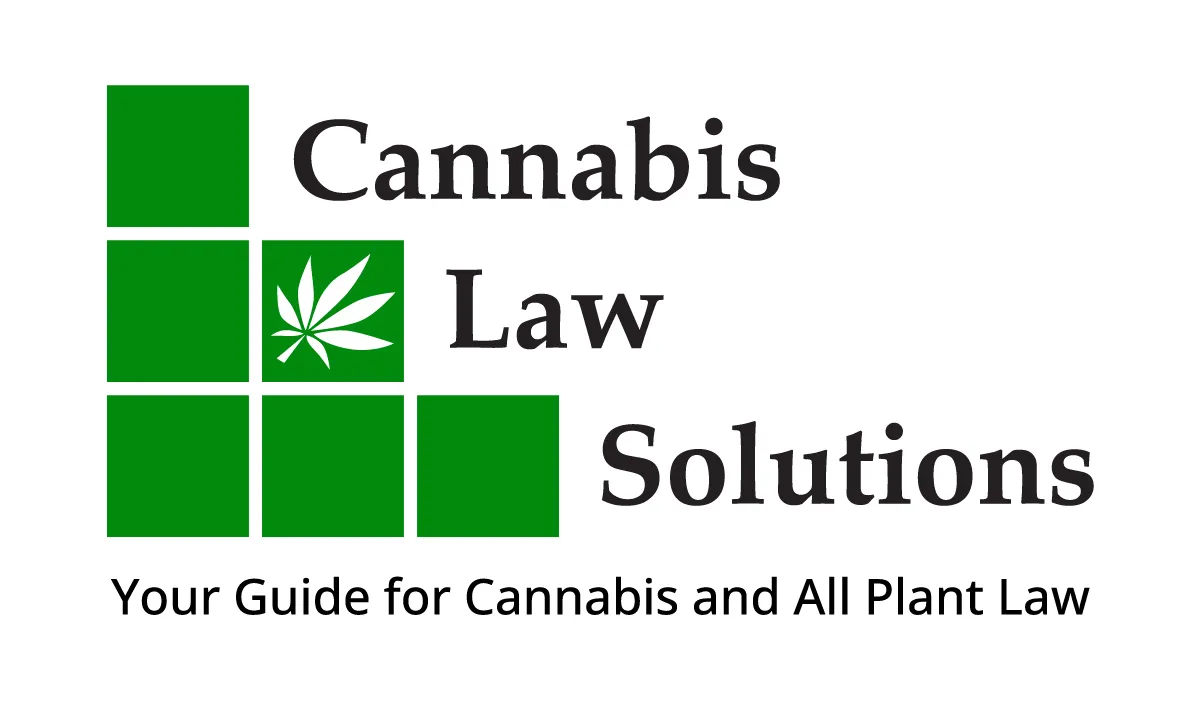While still refusing to reschedule Marijuana from its status as an illegal drug, the US Drug Enforcement Administration (DEA) announced that it is adopting a new policy that is designed to increase the number of entities registered under the Controlled Substances Act (CSA) to grow marijuana to supply legitimate researchers in the United States. This new DEA policy statement was published in the Federal Registrar on August 12, 2016.
Currently, scientists must wait for years to obtain cannabis samples from the University of Mississippi, the only university federally-approved to cultivate the plant for research. While marijuana remains on the list of Schedule I substances, this new policy should ease the difficulties marijuana researchers face as a result of federal restrictions on marijuana cultivation.
According to the policy statement, the DEA’s reasoning for the change in policy comes from the “growing public interest in exploring the possibility that marijuana or its chemical constituents may be used as potential treatments for certain medical conditions.” Despite the DEA’s continued refusal to reschedule marijuana, the policy statement expresses the DEA, Food and Drug Administration (FDA), and National Institutes of Health (NIH)’s support for “expanding research into the potential medical utility of marijuana and its chemical constituents.”
As Kevin Sabet, president of Smart Approaches to Marijuana, told Reuters, “This is a good day for science.” Although researchers still face other roadblocks to medical marijuana research – such as funding, which the DEA notes “may actually be the more important factor in whether research with marijuana takes place” – an increase in the lawful supply of marijuana available to researchers is one step in the right direction to increasing much needed medical marijuana research.
Applications by persons seeking to grow marijuana to supply researchers are governed by 21 U.S.C. 823(a). Under section 823(a), for DEA to grant a registration, two conditions must be satisfied: (1) the registration must be consistent with the public interest (based on the enumerated criteria listed in section 823(a)) and (2) the registration must be consistent with U.S. obligations under the Single Convention on Narcotic Drugs, 1961 (Single Convention). An applicant seeking registration under section 823(a) has “the burden of proving that the requirements for such registration pursuant to [this section] are satisfied.” 21 CFR 1301.44(a).
If you are an entity interested in applying for DEA approval to grow marijuana to supply researchers, please contact us. Experienced in assisting entities navigating complex regulatory schemes, Cannabis Law Solutions lawyers are uniquely qualified to assist potential marijuana research suppliers apply for licensure under this new DEA policy.
 717-703-0804
717-703-0804